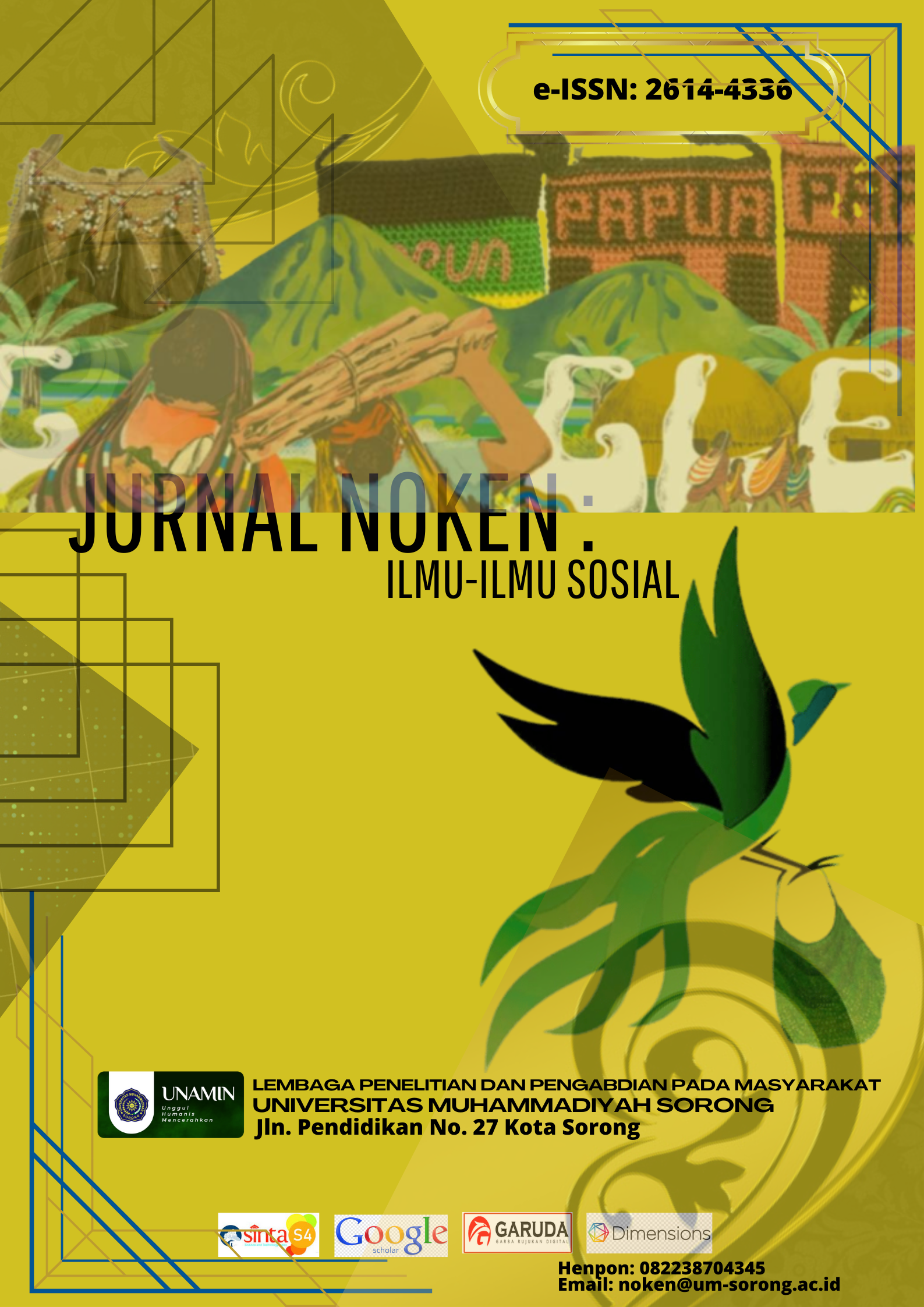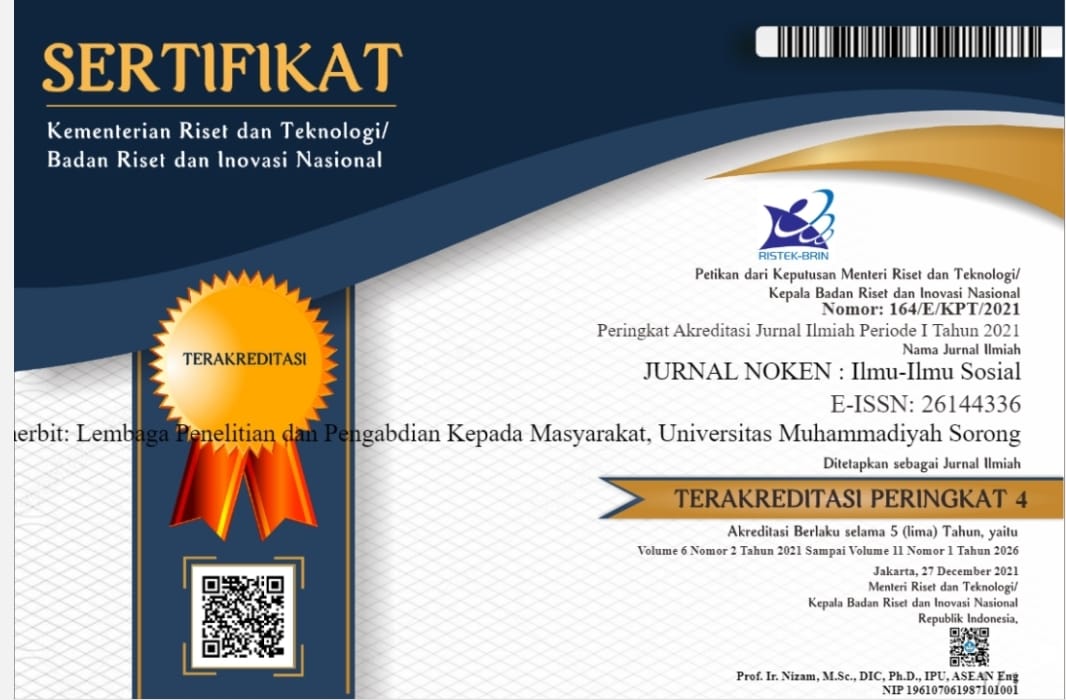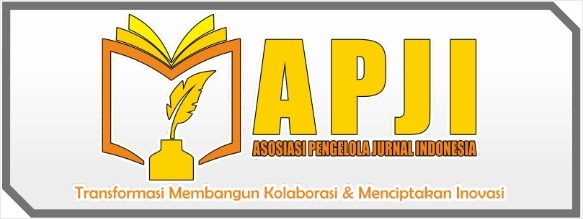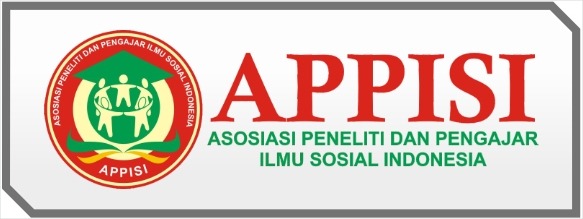Charting the Future of Digital Democracy: A Comprehensive Bibliometric and Systematic Review
DOI:
https://doi.org/10.33506/jn.v10i1.3781Keywords:
Digital democracy, bibliometric analysis, systematic review, misinformation, democratic participationAbstract
This study aims to analyze the research landscape of digital democracy through a bibliometric analysis and systematic literature review of publications from 2019 to 2024. The research identifies key themes, methodologies, and trends in digital democracy studies and evaluates their temporal evolution across various geographical and cultural contexts. The study employs a mixed-method approach, combining bibliometric analysis using VOSviewer and Bibliometrix tools with a systematic review following PRISMA guidelines. The findings reveal that while digital technologies offer the potential for enhancing democratic participation, they also present challenges, such as spreading misinformation and unequal access to digital resources. The study highlights the need for interdisciplinary approaches to address the complexities of digital democracy comprehensively. This research contributes by comprehensively mapping digital democracy research, offering valuable insights for academics, practitioners, and policymakers. The study’s limitations include its focus on English-language publications and excluding non-peer-reviewed literature, which may limit the diversity of perspectives captured. Future research should broaden the scope by including multilingual publications and conducting deeper empirical investigations into digital democracy initiatives to enrich understanding and implementation strategies in the digital era.
References
Aksnes, D. W., Langfeldt, L., & Wouters, P. (2019). Citations, collaboration and research quality: An analysis of Norwegian scientific publications. PLOS ONE, 14(3), e0213458. https://doi.org/10.1371/journal.pone.0213458
Bennett, W. L., & Segerberg, A. (2019). The Logic of Connective Action: Digital Media and the Personalization of Contentious Politics (Vol. 21, Issue 5). New Media & Society.
Boulianne, S. (2019). Social Media Use and Participation: A Meta-Analysis of Current Research. Participation and Conflict, 12(3), 263–286.
Chen, C., Hu, Z., & Liu, Y. (2021). Mapping the Knowledge Base of Digital Democracy Research: A Bibliometric Analysis. International Journal of Information Management, 57, 102258.
Chen, Y., & Li, G. (2019). Keyword analysis and topic evolution in scientific literature: A case study of interdisciplinary research. Research Policy, 48(7), 1693–1705. https://doi.org/10.1016/j.respol.2019.03.011
Cimini, G., Gabrielli, A., & Sylos Labini, F. (2021). Scientific competitiveness in global networks: The geography of research collaboration. Journal of Informetrics, 15(3), 101139. https://doi.org/10.1016/j.joi.2021.101139
da Silva Neto, V. J., & Chiarini, T. (2021). Technological progress and political systems: Non-institutional digital platforms and political transformation. Technology in Society, 64. https://doi.org/10.1016/j.techsoc.2020.101460
Dowling, M.-E. (2022). Foreign interference and digital democracy: is digital era governance putting Australia at risk? Australian Journal of Political Science, 57(2), 113–128. https://doi.org/10.1080/10361146.2021.2023093
Ecker, U. K. H., Lewandowsky, S., Cook, J., Schmid, P., Fazio, L. K., Brashier, N., Kendeou, P., Vraga, E. K., & Amazeen, M. A. (2022). The psychological drivers of misinformation belief and its resistance to correction. Nature Reviews Psychology, 1(1), 13–29. https://doi.org/10.1038/s44159-021-00006-y
Esponda, I., & Hainmueller, J. (2021). Beyond the breaking point? Survey satisficing in conjoint experiments. Political Science Research and Methods, 9(1), 53–71. https://www.cambridge.org/core/journals/political-science-research-and-methods/article/beyond-the-breaking-point-survey-satisficing-in-conjoint-experiments/05DFB2FCDA073E4F92B5D6B49EAB4E6D
Fischli, R., & Muldoon, J. (2024). Empowering Digital Democracy. Perspectives on Politics, 22(3), 819–835. https://doi.org/10.1017/S1537592724000409
Frey, S., Krafft, P. M., & Keegan, B. C. (2019). “This place does what it was built for”: Designing digital institutions for participatory change. Proceedings of the ACM on Human-Computer Interaction, 3(CSCW). https://doi.org/10.1145/3359134
Frey, S., & Schneider, N. (2021). Effective voice: Beyond exit and affect in online communities. New Media & Society, 25(9), 2381–2398. https://doi.org/10.1177/14614448211044025
Fry, J., Oppenheim, C., & Probets, S. (2020). Open access and research dissemination: A comparison of geographic distribution in different publication models. PLOS ONE, 15(10), e0240976. https://doi.org/10.1371/journal.pone.0240976
Fuchs, C. (2021). The digital commons and the digital public sphere: How to advance digital democracy today. Westminster Papers in Communication and Culture, 16(1), 9–26. https://doi.org/10.16997/WPCC.917
García-García, A., López-López, W., & Lopez-Cruz, E. (2020). Changes in academic publishing during COVID-19: A bibliometric analysis of trends in high-impact journals. Journal of Informetrics, 14(4), 101073. https://doi.org/10.1016/j.joi.2020.101073
Gerbaudo, P. (2021). Are digital parties more democratic than traditional parties? Evaluating Podemos and Movimento 5 Stelle’s online decision-making platforms. Party Politics, 27(4), 730–742. https://doi.org/10.1177/1354068819884878
Graham, M., Houghton, E., & Tewksbury, D. (2020). The Digital Revolution and the Politics of Communication. New Media & Society, 22(11), 1977–1998.
Hampton, K. N., Rainie, L., Lu, W., & Shin, I. (2019). Digital Technology and Social Connectivity: How the Internet is Shaping Social Networks. Pew Research Center.
Helbing, D., Fanitabasi, F., Giannotti, F., Hänggli, R., Hausladen, C. I., van den Hoven, J., Mahajan, S., Pedreschi, D., & Pournaras, E. (2021). Ethics of smart cities: Towards value-sensitive design and co-evolving city life. Sustainability (Switzerland), 13(20). https://doi.org/10.3390/su132011162
Hoekman, J., Frenken, K., & Tijssen, R. J. W. (2020). Research collaboration at a distance: Changing spatial patterns of scientific knowledge production. Research Policy, 49(6), 104081. https://doi.org/10.1016/j.respol.2020.104081
Huang, L., Wu, Y., & Liu, S. (2022). The development of research topics and keyword evolution in scientific fields: A bibliometric study. Journal of Informetrics, 16(1), 101216. https://doi.org/10.1016/j.joi.2022.101216
Iosifidis, P., & Nicoli, N. (2020). The battle to end fake news: A qualitative content analysis of Facebook announcements on how it combats disinformation. International Communication Gazette, 82(1), 60–81. https://doi.org/10.1177/1748048519880729
Katz, J. S., & Proctor, R. (2021). International collaboration and research impact: A quantitative perspective. Scientometrics, 126(4), 3653–3668. https://doi.org/10.1007/s11192-021-03993-6
Kostka, G. (2020). China’s social credit systems and public opinion: Explaining high levels of approval. New Media & Society, 22(7), 1566–1584. https://doi.org/10.1177/1461444819888059
Kostoska, O., & Kocarev, L. (2019). A Novel ICT Framework for Sustainable Development Goals. Sustainability. https://doi.org/10.3390/SU11071961
Laterza, V. (2021). (Re)Creating “Society In Silico”: Surveillance Capitalism, Simulations And Subjectivity In The Cambridge Analytica Data Scandal. Partecipazione e Conflitto, 14(2), 954–974. https://doi.org/10.1285/i20356609v14i2p954
Lim, I. (2021). Exploring experience at the intersection of migration and digital democracy in South Korea. Asiascape: Digital Asia, 8(3), 139–163. https://doi.org/10.1163/22142312-bja10019
Loader, B. D., Vromen, A., & Xenos, M. (2020). The Networked Young Citizen: Social Media, Political Participation and Civic Engagement. In Information, Communication & Society (Vol. 23, Issue 2).
Maurer, K., & Rostbøll, C. F. (2020). Demoxie: Reflections on digital democracy in Dave Eggers’ novel The Circle. First Monday, 25(5). https://doi.org/10.5210/FM.V25I5.10650
McCafferty, P. (2021). Digital Democracy: A Review of the Literature and a Research Agenda. In Journal of Information Technology & Politics (Vol. 18, Issue 2).
Micheletti, M. (2019). Digital politics and democracy: Participation, engagement, and influence. Journal of Democracy, 30(4), 142–157. https://doi.org/10.1353/jod.2019.0056
Page, M. J., McKenzie, J. E., Bossuyt, P. M., & al., et. (2021). The PRISMA 2020 statement: an updated guideline for reporting systematic reviews. BMJ, 372, n71.
Passas, I. (2024). Bibliometric Analysis: The Main Steps. Encyclopedia, 4(2), 1014–1025. https://doi.org/10.3390/encyclopedia4020065
Ritzberger, K. (2022). Research output and its drivers in higher education institutions: Evidence from a panel of European universities. Higher Education, 84(2), 313–331. https://doi.org/10.1007/s10734-021-00757-9
Santos, A. R., Gonçalves, S., & Almeida, A. (2020). The Evolution of Digital Democracy Research: A Systematic Review and Bibliometric Analysis. Government Information Quarterly, 37(3), 101482.
Stotten, R., Maurer, M., Herrmann, H., & Schermer, M. (2019). Different forms of accommodation in agritourism: The role of decoupled farmer-based accommodation in the ötztal Valley (Austria). Sustainability (Switzerland), 11(10). https://doi.org/10.3390/su11102841
Sumartias, S., Pulubuhu, D. A. T., Adi, A. N., & Ratnasari, E. (2023). Democracy in the Indonesian Digital Public Sphere: Social Network Analysis of Twitter Users’ Responses to the Issue of Nationalism Knowledge Test at the Corruption Eradication Commission (TWK-KPK). Jurnal Ilmu Sosial Dan Ilmu Politik, 26(3), 240–257. https://doi.org/10.22146/jsp.70896
Sunstein, C. R. (2020). #Republic: Divided Democracy in the Age of Social Media. Princeton University Press.
Tang, X., Yu, W., & Li, J. (2021). The evolution of research topics: A study based on keyword analysis. Journal of Informetrics, 15(2), 101136. https://doi.org/10.1016/j.joi.2021.101136
Tufekci, Z. (2017). Twitter and Tear Gas: The Power and Fragility of Networked Protest.
Van Dalen, H. P., & Henkens, K. (2020). What factors drive publication performance in the social sciences? A bibliometric analysis of the influence of research collaboration. Scientometrics, 123(2), 647–674. https://doi.org/10.1007/s11192-020-03410-9
Vera-Baceta, M. A., Thelwall, M., & Kousha, K. (2019). Geographic and linguistic trends in scientific publications: A global analysis. Journal of Informetrics, 13(2), 371–384. https://doi.org/10.1016/j.joi.2019.01.008
Wang, C., & Si, L. (2023). A Bibliometric Analysis of Digital Literacy Research from 1990 to 2022 and Research on Emerging Themes during the COVID-19 Pandemic. Sustainability (Switzerland), 15(7). https://doi.org/10.3390/su15075769
Wang, H., Zhang, X., & Li, M. (2020). Tracking the trends of research topics: A case study of keyword evolution. Scientometrics, 122(3), 1955–1974. https://doi.org/10.1007/s11192-020-03344-2
Wu, D., Sukumaran, S., Zhi, X., Zhou, W., Li, L., & You, H. (2024). Categories, themes and research evolution of the study of digital literacy: a bibliometric analysis. Education and Information Technologies. https://doi.org/10.1007/s10639-024-12955-x
Zelinsky, J. (2021). The Evolving Landscape of Digital Democracy: Current Trends and Future Directions. Digital Politics, 3(1), 55–70.
Zhao, X., He, F., & Wang, J. (2023). Keyword co-occurrence analysis for detecting emerging trends in academic research. Scientometrics, 127(4), 2781–2800. https://doi.org/10.1007/s11192-023-04612-0
Zhu, X., Liu, J., & Zhang, Y. (2021). The impact of academic collaboration on publication trends: A bibliometric study. Research Evaluation, 30(1), 1–13. https://doi.org/10.1093/reseval/rvab005
Downloads
Published
How to Cite
Issue
Section
License
Copyright (c) 2024 Akhwan Ali, Sandi Lubis, Muh Akbar Ali Darlis, Herman Demak, Muhammad Ikbal

This work is licensed under a Creative Commons Attribution-ShareAlike 4.0 International License.









